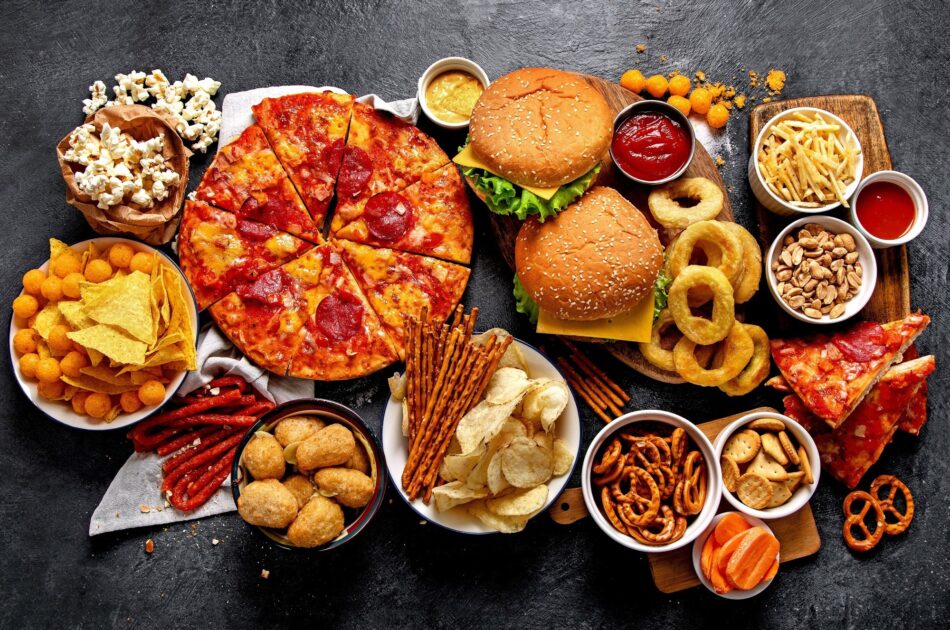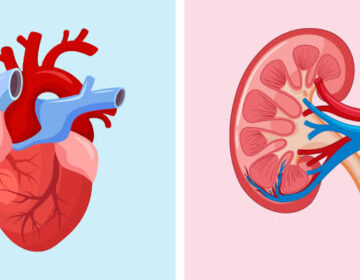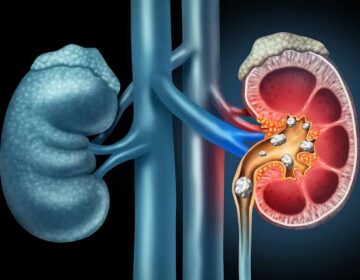Ultra-processed foods (UPFs) have become public enemy number one in nutrition debates. From dementia to obesity and an epidemic of “food addiction”, these factory-made products, including crisps, ready meals, fizzy drinks and packaged snacks, are blamed for a wide range of modern health problems.
Some experts argue that they’re “specifically formulated and aggressively marketed to maximise consumption and corporate profits”, hijacking our brain’s reward systems to make us eat beyond our needs.
Ultra-processed foods (UPFs) are increasingly portrayed as the chief culprit in modern nutrition debates. They are linked to conditions ranging from dementia to obesity and what some describe as an epidemic of “food addiction.”
These industrially produced items—such as chips, ready meals, fizzy drinks, and packaged snacks—are frequently blamed for today’s widespread health challenges. Critics argue that they are “specifically formulated and aggressively marketed to maximize consumption and corporate profits,” exploiting the brain’s reward systems to push us to eat more than we need.
Liking food versus overeating
In nutrition research, two concepts are often confused: enjoying the taste of a food and engaging in hedonic overeating (eating for pleasure rather than out of hunger). Liking refers to flavor preference, while hedonic overeating describes the tendency to keep eating because the experience is enjoyable.
The two are connected but not the same. For instance, many people enjoy porridge but rarely consume it excessively, whereas chocolate, biscuits, and ice cream are common triggers for both liking and overeating.







